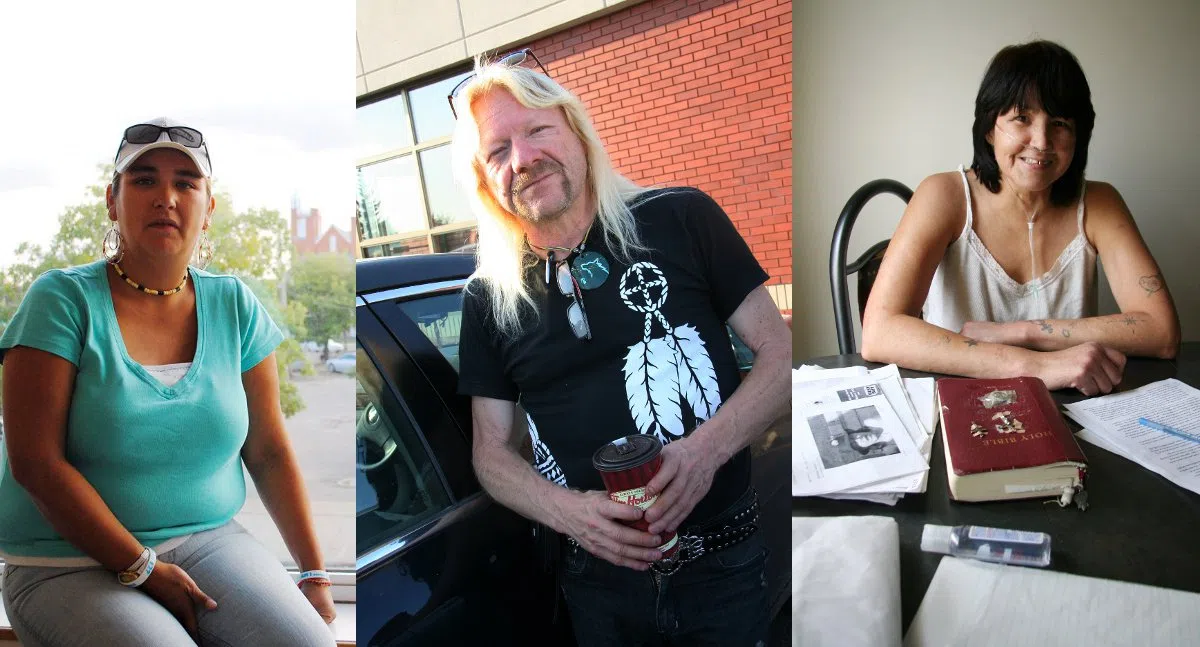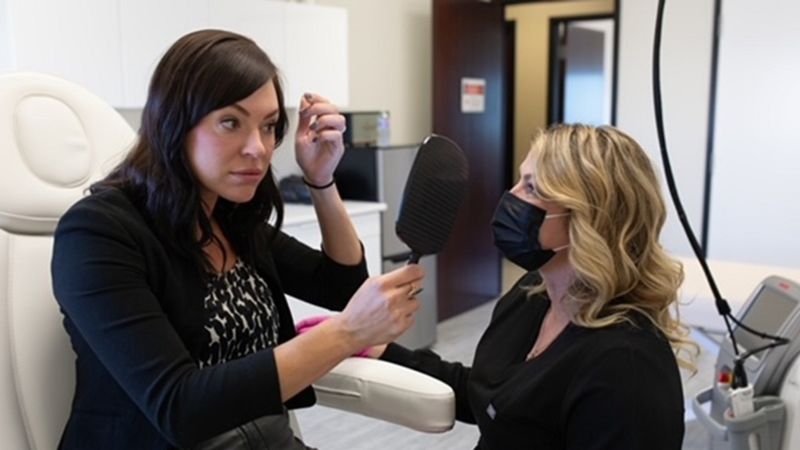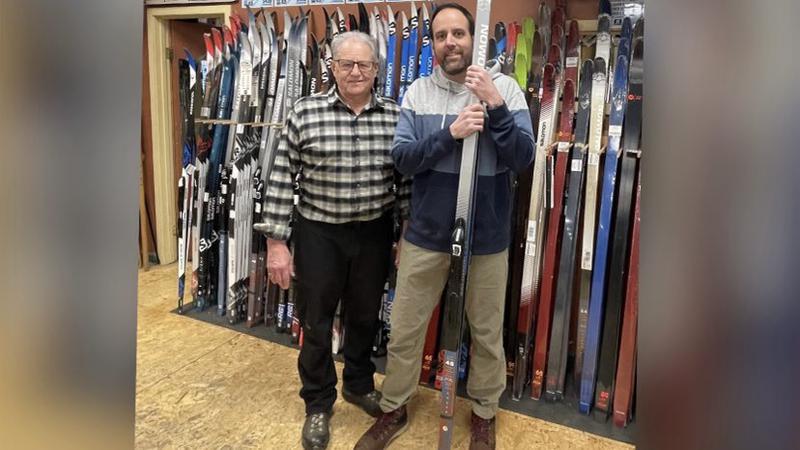
The face of HIV in Saskatchewan: People speak out despite fear
Despite Saskatchewan having an HIV infection rate of twice the national average, people still find it difficult to tell others of their illness.
“It’s hard to tell somebody that you’re HIV positive because you don’t know what kind of reaction they’ll have,” said Nicole, who only recently began talking in public about her status and only to groups she views as safe.
You have to be wary, because you don’t know if they’ll beat you up, how they’ll react, or if they’ll stab you, she said. That’s why she doesn’t want her last name used, she said — she’s trying to protect her children.
“In P.A. it’s getting worse and worse,” she said.


